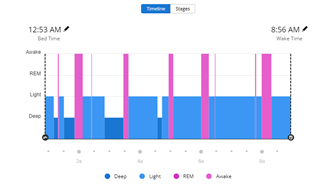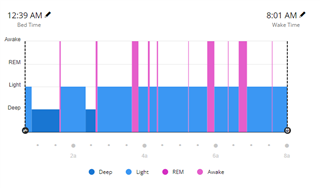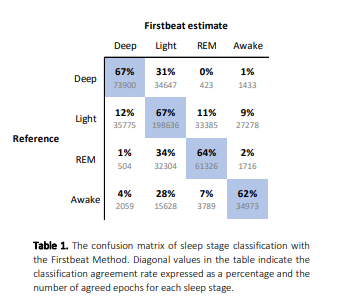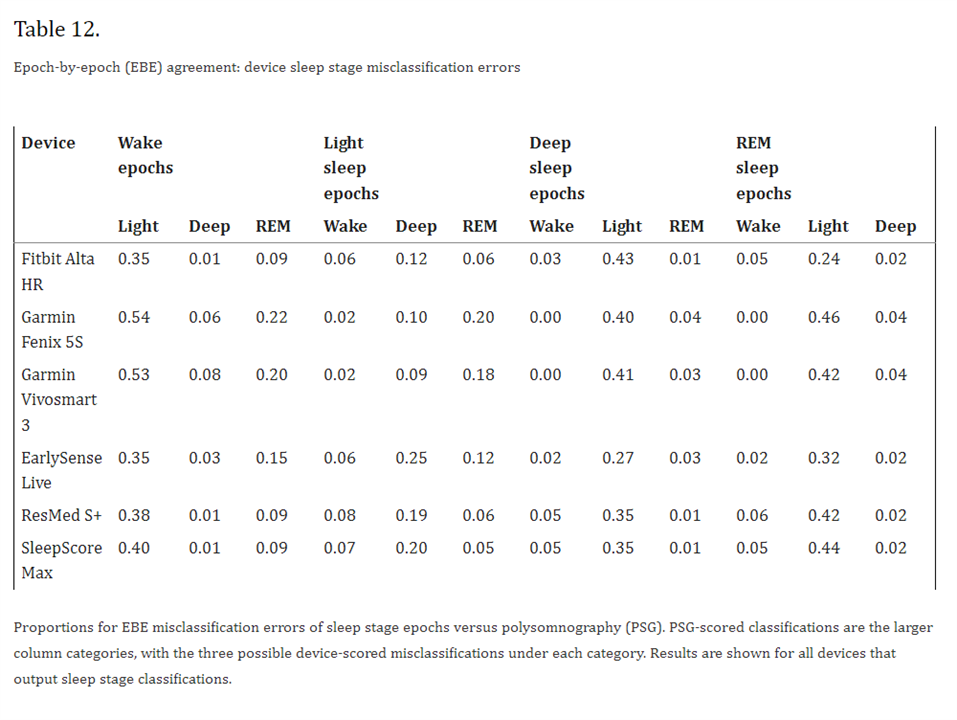I recently got a Fenix 7 Pro SS, but the sleep tracking looks just wrong. I usually wake up once a night for a couple minutes ~ 5 - 6 am, which is fine, but I don't remember waking up any more than that. Almost all my nights of sleep look like this - is it possible REM sleep is being misclassified as awake? All the spikes seem to be at the end of a 90 minute "cycle"


If that is the case can it be fixed by resetting the watch? It's tanking all my training scores. I understand sleep tracking for wearables is mediocre in general, but this isn't a problem I had with my Fenix 6 Sapphire when I had that around a year ago.




